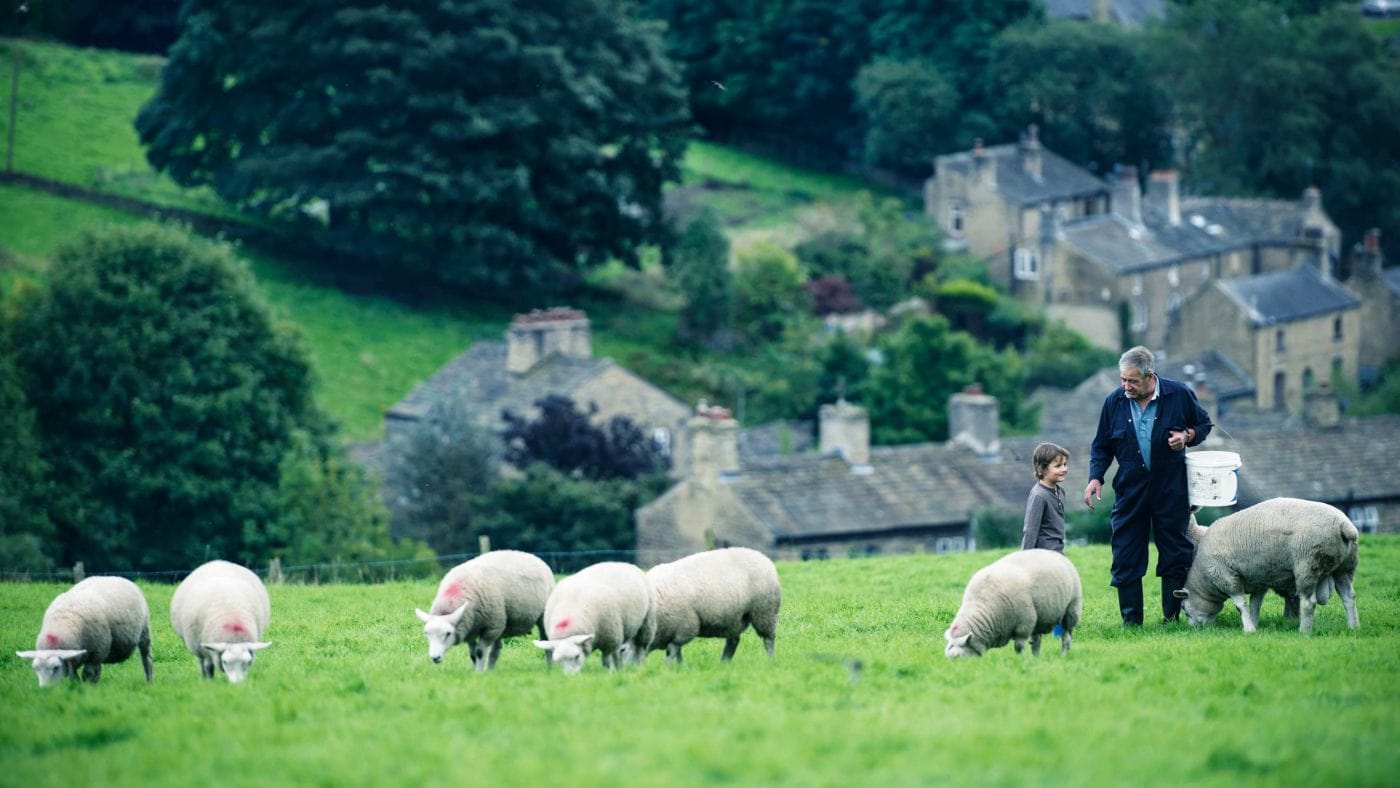One of the themes of this Conservative leadership contest has been the disconnect between what the candidates say they want and the policies they propose.
This is most obvious with growth. Yes, there is an important debate to be had about tax cuts, or the remit of the Bank of England, and all the rest of it. But the biggest, most obvious brake on British growth is our absurd planning system and strangled housing market, which neither candidate proposes to do much of anything about.
But there are more. The cost-of-living crisis is another front where neither Liz Truss nor Rishi Sunak seem truly to have grasped the scale of the problem yet. And one particularly depressing aspect of this is their food policies.
During TalkTV’s Sun Showdown, both were confronted by a voter with a stark question: should they go vegetarian? Not because the idea held any moral or culinary appeal, but because they could no longer afford to buy meat more than once or twice a week.
It was a grim preview of what the politics of a poor country will look like in Britain. And the answers were a flavour of why we’re heading in that direction. For neither Sunak nor Truss, both representing rural constituencies, could afford to propose anything too radical to get food prices down.
This was particularly noticeable in the Foreign Secretary’s case because she styles herself as a great free trader, and the foundational offer of the great free trade campaigns of a century ago was cheap food. She might have pointed to the trade deal she helped negotiate with New Zealand, which has placed us on a path to being able to freely import unlimited beef, lamb, and cheese from one of the world’s leading producers.
Instead, she stuck to safer territory about deregulating British farmers. It’s little wonder that FBPE types have such an easy time painting such agreements as decisions to “destroy UK farming” if Truss herself won’t defend them.
Now, I’m no doctrinaire free-trader. But food seems to be one area where it is undoubtedly a good thing – especially if your country is about to sail into the teeth of a two-pronged cost-of-living crisis, with price rises driven by disruption to global supply lines exacerbated by inflation.
This is especially so if the countries in question are Australia and New Zealand, where obvious consumer protection concerns don’t seem to apply. Would any Brit hesitate to accept a home-cooked meal in those countries?
No, the supposed downsides of these deals relate not to protecting British consumers, but British farmers.
There are good reasons for the state to support domestic farmers. Recent experience has been a useful reminder that food security is a real concern (even if maintaining a diverse range of suppliers that’s harder to disrupt is as much a part of food security as home-grown production).
Farmers also offer a decentralised and granular network for landscape management, habitat protection, and other aspects of environmental stewardship.
But if we’re going to pay them for that, we should pay them directly out of general taxation, rather than use tariffs to rig up a sort of Heath-Robinson machine to do the same thing. Why insist on delivering a subsidy through higher food prices, perhaps the most obviously regressive method one could possibly choose?
The most obvious answer is that tariffs disguise the truth of the subsidy, instead allowing farmers to pretend they are simply discharging a normal economic function in the market. It wouldn’t be the first time the British state has disguised handouts through arcane mechanisms, after all – a lot of new universities are ways of funnelling cash into regional towns before they’re anything else.
But doing things this way generates needless downsides. In the latter case, we have lots of young people racking up huge debts and missing out on three (or more) earning years in order to stand still in employment terms. In the former, we have hard-pressed families paying more for essentials because ministers refuse to implement a system which could be funded through normal taxation.
Our countryside is important, and farmers have a vital role to play in maintaining it. But the Government should simply work out what it wants to pay farmers to do and then pay them directly to do it, rather than passing on the cost at the tills. Then ministers will have much more scope to make the case for free trade – and cheap food.
Click here to subscribe to our daily briefing – the best pieces from CapX and across the web.
CapX depends on the generosity of its readers. If you value what we do, please consider making a donation.


